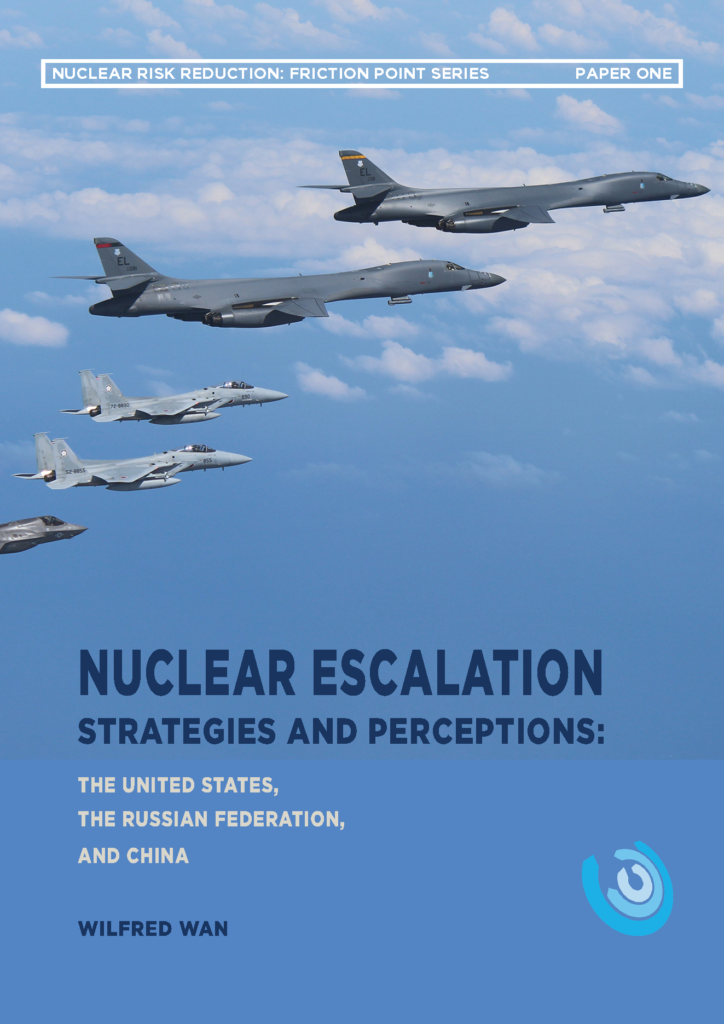This study is the first in a series that profiles different “friction points” among nuclear-armed and nuclear-allied States, examining issues of contention in their relations that can spark potential conflict and nuclear escalation.
It considers the multipolar dynamics between the United States, the Russian Federation, and China, and examines how fundamental mistrust among the three filters into their readings of each other’s nuclear strategies, with the potential to have an impact on escalatory risk scenarios. It then outlines a series of recommendations for the ‘great powers’ to bridge strategic perception gaps and reduce relevant risks.
Part of UNIDIR’s ongoing research on nuclear risk reduction, this study is intended to feed into the dialogue on taking forward risk reduction – and on the development of practical and feasible baskets of measures that can close pathways to use of nuclear weapons.
Citation: Wilfred Wan (2021) “Nuclear Escalation Strategies and Perceptions: The United States, the Russian Federation, and China.” NRR: Friction Points Series, Paper One, UNIDIR, Geneva. https://doi.org/10.37559/WMD/21/NRR/02.
